The Carnivore Diet: Pros, Cons, and How You Can Get In On It
Primal Edge Health participates in the Amazon Services LLC Associates Program and other affiliate programs and therefore, may collect a share of sales or other compensation from the links on this page. This comes at no additional cost to you, and all the prices and availability are accurate at the time of publishing.
If you’re considering adopting the all-meat lifestyle, let’s talk about the carnivore diet pros and cons first. What are its potential health benefits? Its drawbacks? Risks? Most importantly, is the carnivore diet right for you?
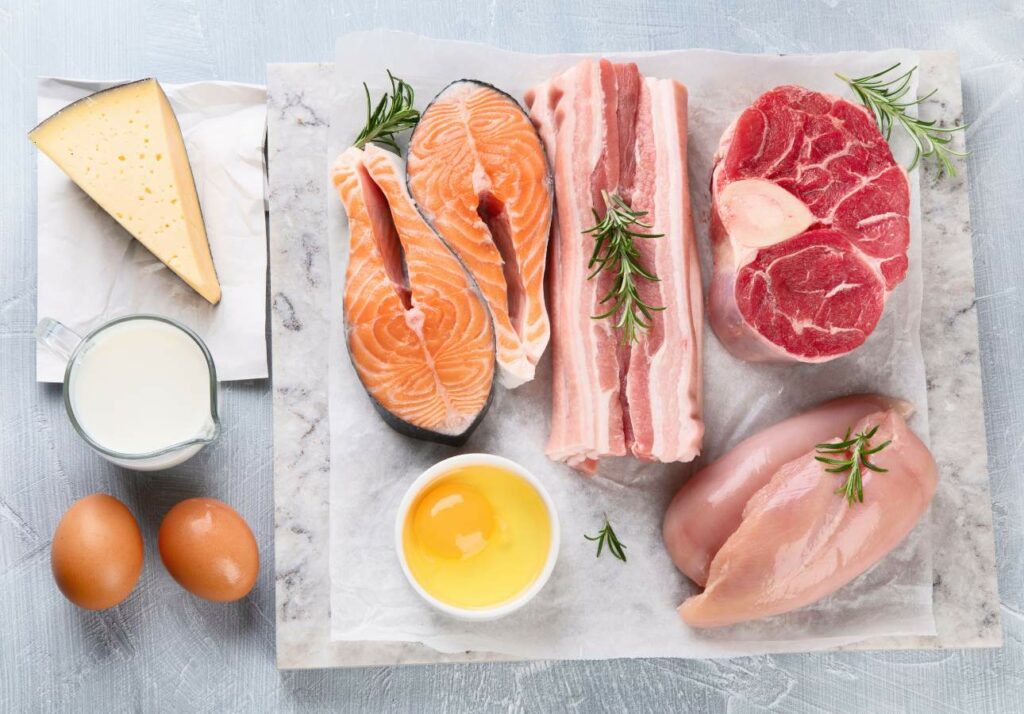
I have been on this diet for close to a decade now, but I can still remember when I first started. There were a lot of questions, but there were far fewer answers back then. Thanks to the popularity of the carnivore diet, we have more information about it than ever before.
Don’t purge your fridge of all plant foods just yet. Let’s talk about the carnivore diet’s pros vs. cons so you can better determine if it’s the right path for you.
Table of Contents (click to view)
What is the Carnivore Diet?
Imagine a diet where steak, bacon, and eggs are your primary foods. This is the carnivore diet, a unique eating plan that involves consuming only animal products and aims for zero fiber intake. No fruits, vegetables, grains, nuts, or seeds—just meat, fish, eggs, and some dairy.
However, some proponents still eat some plant foods and other carb sources, although very minimally. Others go all in and eat close to zero carbs, which is much harder to do, in my opinion. We can refer to these people as “purists.”
If you’re new to the whole concept of a carnivore diet, you probably think that it looks incredibly different from what we were taught at school as a balanced diet, which includes grains, vegetables, fruits, and meat. Most humans aren’t carnivores like animals, and we were taught that we need plants to survive. So, how did the carnivore diet even start?
What is the Origin of the Carnivore Diet?
You might be surprised that the concept is not that new. The carnivore diet traces its roots back to ancient human eating patterns, where early humans primarily consumed animal products supplemented by foraged plant foods.
Historically, all-meat diets were not uncommon among certain populations. For instance, the Inuit and Maasai people thrived on diets rich in animal products, adapting to harsh environments where plant-based foods were scarce.
According to Dr. Georgia Ede, a psychiatrist and nutrition specialist of Diagnosis Diet, the carnivore diet is a modern adaptation of these ancestral eating habits. Her research highlights how early humans relied heavily on animal-based nutrition to survive and thrive. This ancestral dietary pattern has gained attention today as people look to mimic these historical eating habits and are hoping to achieve similar health benefits.

Is the Carnivore Diet Applicable to Everyone?
Before we talk about the potential benefits and downsides of the carnivore diet, let’s address one important concern: is the carnivore diet safe for everyone? First things first, I highly recommend talking to your primary care provider before trying this diet—or any significant change to your nutrition, for that matter.
However, I’ve found some compelling reasons why the carnivore diet is not suitable for everyone. Your doctor, even carnivore-friendly doctors, might recommend against going on an all-meat diet if you belong to the following groups:
- Pregnant or breastfeeding women: The restrictive nature of the carnivore diet may not meet the increased nutritional needs during pregnancy and breastfeeding, potentially leading to deficiencies that could affect both maternal and infant health.
- Under high stress: If you are under high levels of stress, whether through a disrupted circadian rhythm or personal life stress, it’s not advisable to fast or make big dietary changes that can potentially exacerbate stress response when your body is already taxed.
- Significantly underweight: While it’s possible to gain weight with animal foods, it’s not the most straightforward path. Leveraging healthy carbs can be beneficial while trying to increase your muscle and fat reserves.
- Wanting to build muscle: If you’re serious about building a significant amount of muscle, it might be better to use carbs to facilitate muscle synthesis.
- Have a history of disordered eating: Focus on building a healthy relationship with food first before diving into the carnivore diet. Work with your dietitian to address fears and insecurities in a balanced way, rather than swinging from one extreme to another.
Even if you don’t belong to these at-risk groups, I encourage you to ask your doctor first. The carnivore diet is essentially an elimination diet, only more restrictive than others, so you need to be as prepared as possible.
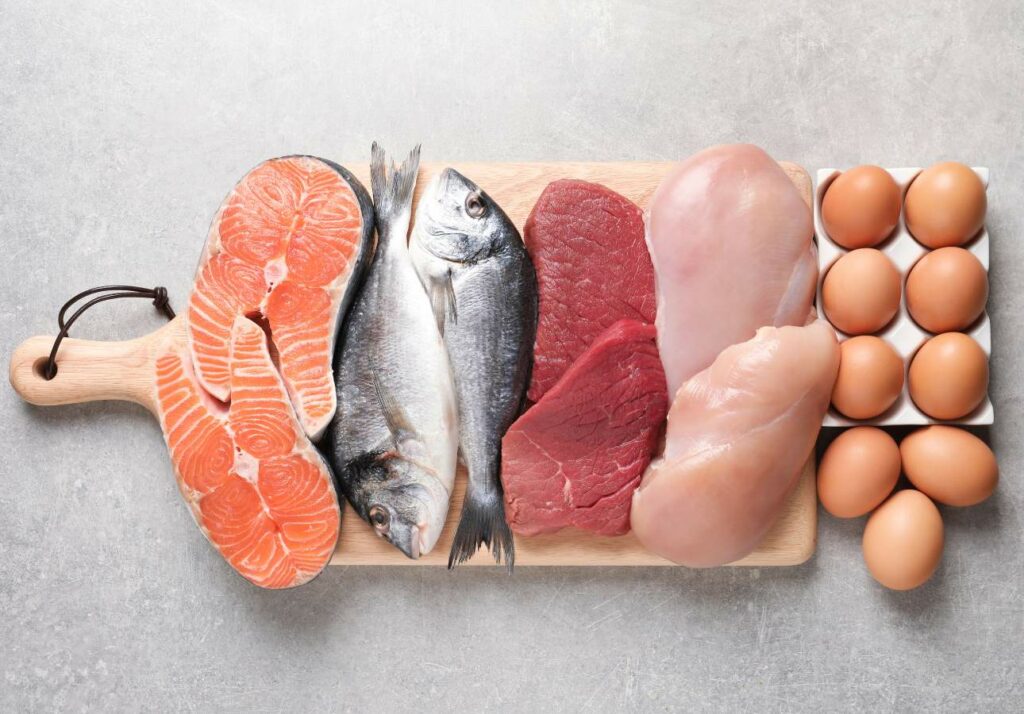
Carnivore Diet Pros
So, you might be wondering, if the diet is so restrictive, why are people following it? Let’s take a look at the potential benefits of the carnivore diet for your physical and mental health:
Weight Loss
One of the most commonly reported benefits of the carnivore diet is significant weight loss. Similar to the ketogenic diet, which also emphasizes low carbohydrates and high fats, the carnivore diet eliminates almost all carbohydrates. This can lead to lower calorie consumption, reduced insulin levels, and promote fat burning.
Both diets shift the body’s primary energy source from carbohydrates to fats, encouraging a state of ketosis, where the body burns fat for fuel. According to Harvard, depriving the body of glucose (the main source of energy for cells) will cause it to pull stored glucose from the liver, and then start to use fat for energy after a few days of little carb intake.
Plus, the high protein content of this diet promotes satiety, helping you feel full for longer periods and reducing overall calories. Personally, I feel full and satisfied for longer when I eat more protein and fats than carbohydrates. You might have felt the same after eating a big juicy steak instead of, say, a bread basket, even if those two things have the same amount of calories.
Physical and Mental Health Benefits
The carnivore diet might offer several health benefits, although more research is needed to confirm these effects. Many people in our testimonial group report the following pros:
- Improved digestion
- Reduced inflammation
- Improved cognition
- Rapid weight loss
- Improved hormonal balance
- Improved physical performance
- Better skin health
- Less joint pain
A large-scale 2021 study published by the American Society for Nutrition gives us more anecdotal evidence. Participants reported better gastrointestinal health, muscle growth or maintenance, skin health, satisfaction, and overall well-being. Participants with diabetes also reported lower blood sugar and insulin use.
Again, it’s important to consult a doctor or licensed dietitian first if you have a problem you want to solve with the carnivore diet. Dr. Shawn Baker’s community is a great place to start.
Increased Energy Levels
Another frequently mentioned benefit of the carnivore diet is increased energy levels. Many people report feeling more energetic and less fatigued after switching to an all-meat diet, including me!
This boost in energy may be due to the steady supply of protein and fat. According to Dr. Shilpa Bhupathiraju from Harvard Medical School, these nutrients provide sustained energy without the blood sugar spikes and crashes associated with carbohydrate consumption.
Additionally, the carnivore diet puts emphasis on eliminating processed foods and additives. These can cause sluggishness, and taking them out of your diet might also contribute to feeling more vibrant and alert throughout the day.
Reduced Food Sensitivities
For people with food sensitivities or allergies, the carnivore diet might provide relief. By eliminating plant-based foods, you remove common allergens such as gluten, soy, and lectins, which can cause digestive distress and other allergic reactions.
Reducing your intake of plant foods may also help prevent issues associated with antinutrients, which Harvard defines as compounds that can block the absorption of important nutrients. These include lectin, commonly found in beans and legumes, as well as oxalates, which are present in green leafy vegetables, beans, nuts, and tea.
Simplicity and Convenience
The carnivore diet’s straightforward approach makes meal planning and preparation much easier. For me, carnivore meal planning and cooking have simplified my life so much that it only takes a total of three to four hours weekly to provide filling, nutritious meals for my family.
Moreover, with only animal-based foods allowed, grocery shopping becomes simpler, focusing on a limited range of items like meat, fish, eggs, and dairy. Here’s a complete guide on what to eat on a carnivore diet so you know what you can put on your shopping list.
Cooking methods are generally straightforward, often involving grilling, baking, or frying. This not only saves time but also reduces the mental load associated with meal planning, as there are fewer decisions to make about what to eat.
However, I do recommend learning how to cook meat the right way to make sure all your meals taste good. Even if you already know how to cook, these meat cooking tips can be very beneficial once you shift to an all-meat diet.
Carnivore Diet Cons
As you can see, the carnivore diet has plenty of potential advantages for your physical and mental health. However, it also comes with some drawbacks and risks.
Nutrient Deficiencies
Modern medical hegemony raises the concern of nutrient deficiencies when it comes to elimination diets like the carnivore diet. This is a typical rebuttal from the medical community, highlighted by studies like Lim’s 2018 review that tackles the relationship between elimination diets and extensive nutritional deficiencies.
By eliminating all plant-based foods, common knowledge asserts a person would miss out on essential vitamins and minerals found in fruits, vegetables, grains, and nuts. Key nutrients at risk include:
- Vitamin C
- Magnesium
- Fiber
Long-term adherence to the carnivore diet may or may not be right for some people and requires a certain level of nutritional intake awareness. Possibly, your doctor might recommend vitamin, mineral, and/or fiber supplementation or ask you to prioritize red meat over others.
Cardiovascular Health Risks
The high intake of red meat and saturated fats on the carnivore diet can raise concerns about heart health. While some proponents argue that the diet can reduce inflammation and stabilize blood sugar levels, the long-term effects on cardiovascular health are still not well understood.
A 2023 study by the European Heart Journal reiterates that high levels of cholesterol and saturated fats can increase blood cholesterol levels, a known risk factor for heart disease. For individuals with a history of heart disease or those at risk, additional education may be needed.
Dr. Brent Scher and Dave Feldman are excellent guides to the very nuanced conversation around cholesterol. Even if you don’t have any predispositions to heart disease, I suggest learning more about Feldman’s cholesterol paradox.
Kidney Issues
The carnivore diet is characterized by high protein intake, which establishment teachings say can place extra strain on the kidneys. According to the National Kidney Foundation, these vital organs are responsible for filtering waste products from the blood, and consuming large amounts of protein increases their workload.
However, low-carb proponents like Dr. Jason Fung, a kidney specialist himself, say otherwise. Again, the carnivore diet is one that raises eyebrows, so it’s important for anyone with pre-existing issues to consider their options carefully and consult an open-minded healthcare provider before making significant dietary changes.
Social and Lifestyle Challenges
Adhering to the carnivore diet can be challenging in social situations and may impact your relationship with food. For example, social events, dining out, and family meals often involve a variety of foods, many of which are plant-based or at least have herbs and sauces.
Following a restrictive diet can lead to social isolation or stress when trying to find suitable options. Plus, the monotony of eating only animal-based foods can lead to boredom and dissatisfaction with meals. This is why I recommend learning more carnivore diet recipes as you go along so you can diversify your meal plan as much as possible. I also made a custom carnivore diet challenge to bring back a spark of inspiration if you grow cold.
Budget Concerns
For me, budget is a very subjective con. A common misconception is that the carnivore diet is going to be expensive because you’ll be buying more meat and animal products. The cost also tends to get higher if you buy organic and premium quality options. However, remember that you’ll also be cutting out a lot of other foods, which can offset the cost.
In any case, here’s a guide on how to do a carnivore diet on a budget. You don’t need to sacrifice quality for price, but you do have to use more strategies, such as bulk buying, seasonal shopping, and buying from local sources.
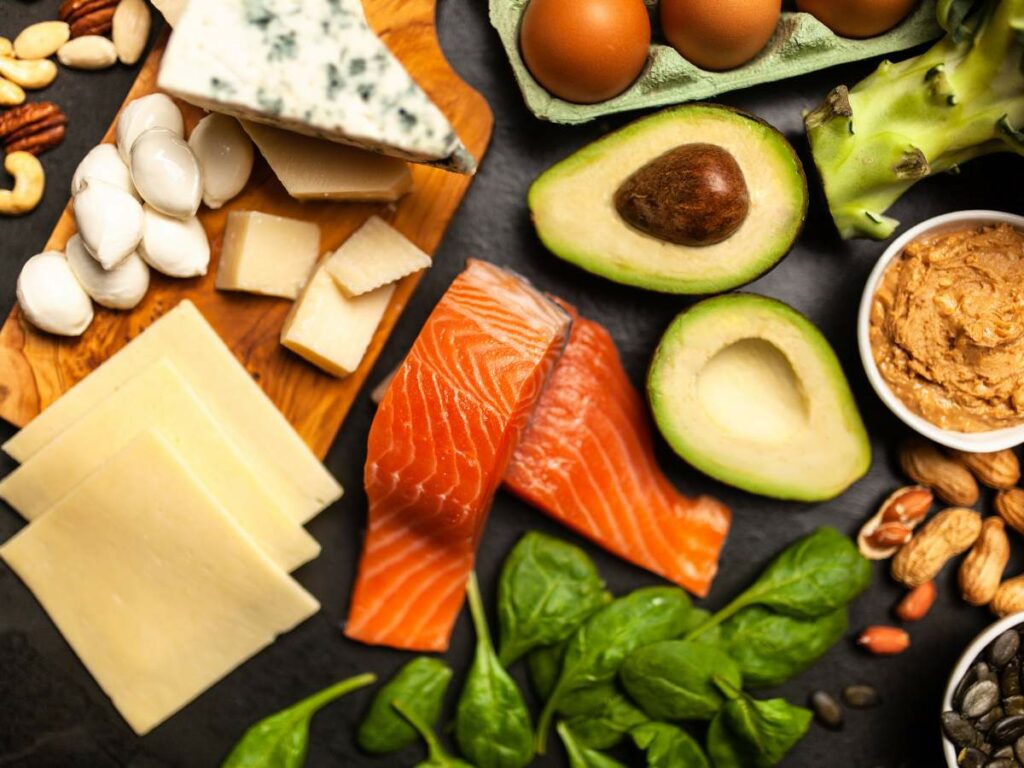
Carnivore Diet vs. Keto
At this point, you might be thinking that the carnivore diet sounds a lot like keto, and it’s because the carnivore diet is typically a form of keto. The most notable difference between carnivore vs. keto is the variety of foods allowed. The carnivore diet only allows animal products, while the keto diet allows a wider range of foods, including vegetables, nuts, seeds, and limited amounts of fruits.
Both diets are low in carbohydrates, but the keto diet permits a small amount of carbs (typically 20-50 grams per day) to maintain ketosis, says Harvard. On the other hand, the carnivore diet aims for a negligible amount of total carbs.
So, which diet is right for you? It all depends on your goals and health status. For example, your doctor might not recommend going carnivore if you have a reason to keep carbohydrates around, so the keto diet might be a better fit. And if the keto diet isn’t working well with your digestive health, the carnivore diet may be a better option when keto fails. All in all, it should be an individualized approach with the help of your healthcare providers.
Final Thoughts
The carnivore diet has a lot of potential benefits, namely increased energy, weight loss, decreased inflammation, lower blood sugar levels, and so on. But at the same time, it also comes with risks and disadvantages, although some are subjective.
The key here is to consider your health status and your diet goals. Does your doctor say it’s safe for you to go on a zero-carb diet? Will a carnivore diet solve the health problems you’re targeting? That’s a discussion you should have off the internet.
Once you have a green light, exploring more of Primal Edge Health and The Carnivore Cookbook can give you the insights you need to ease into this new lifestyle. Enjoy our wealth of tips, recipes, and recommendations, and tell me what you think!
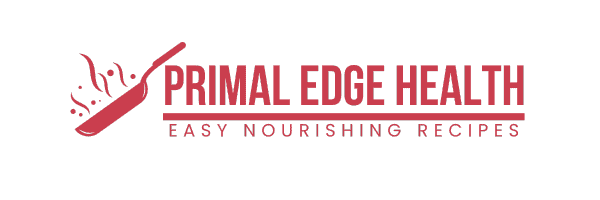

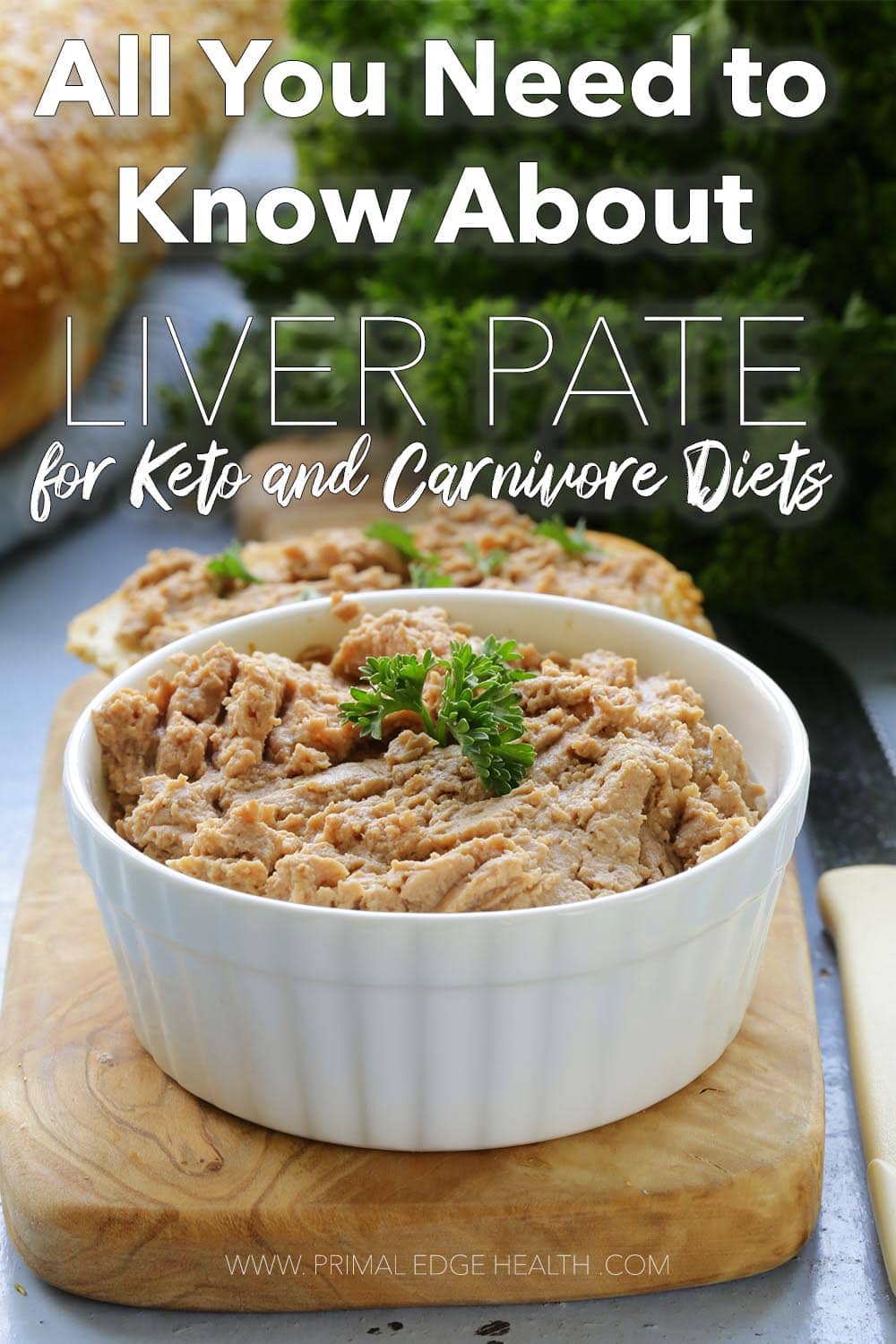



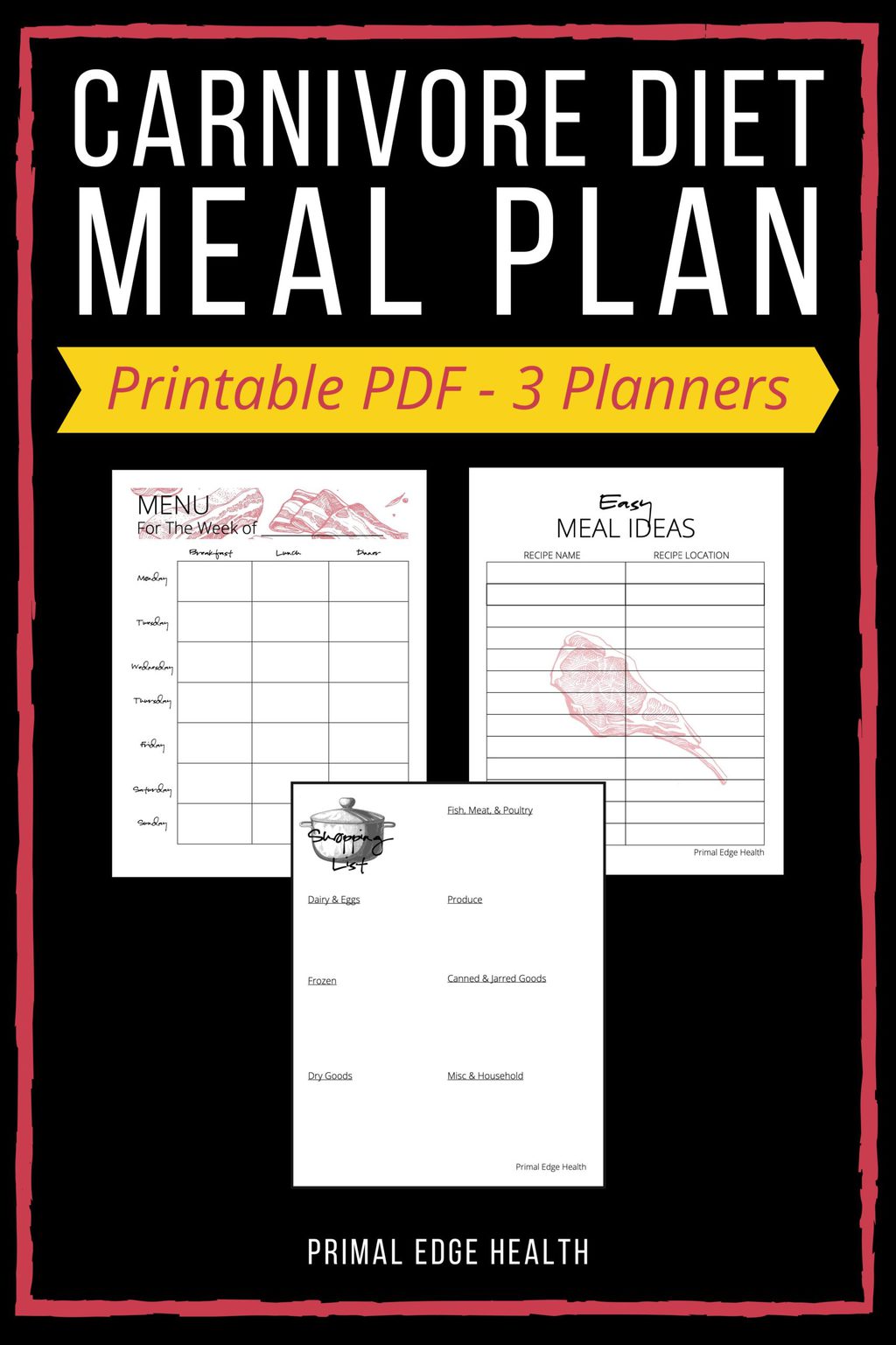
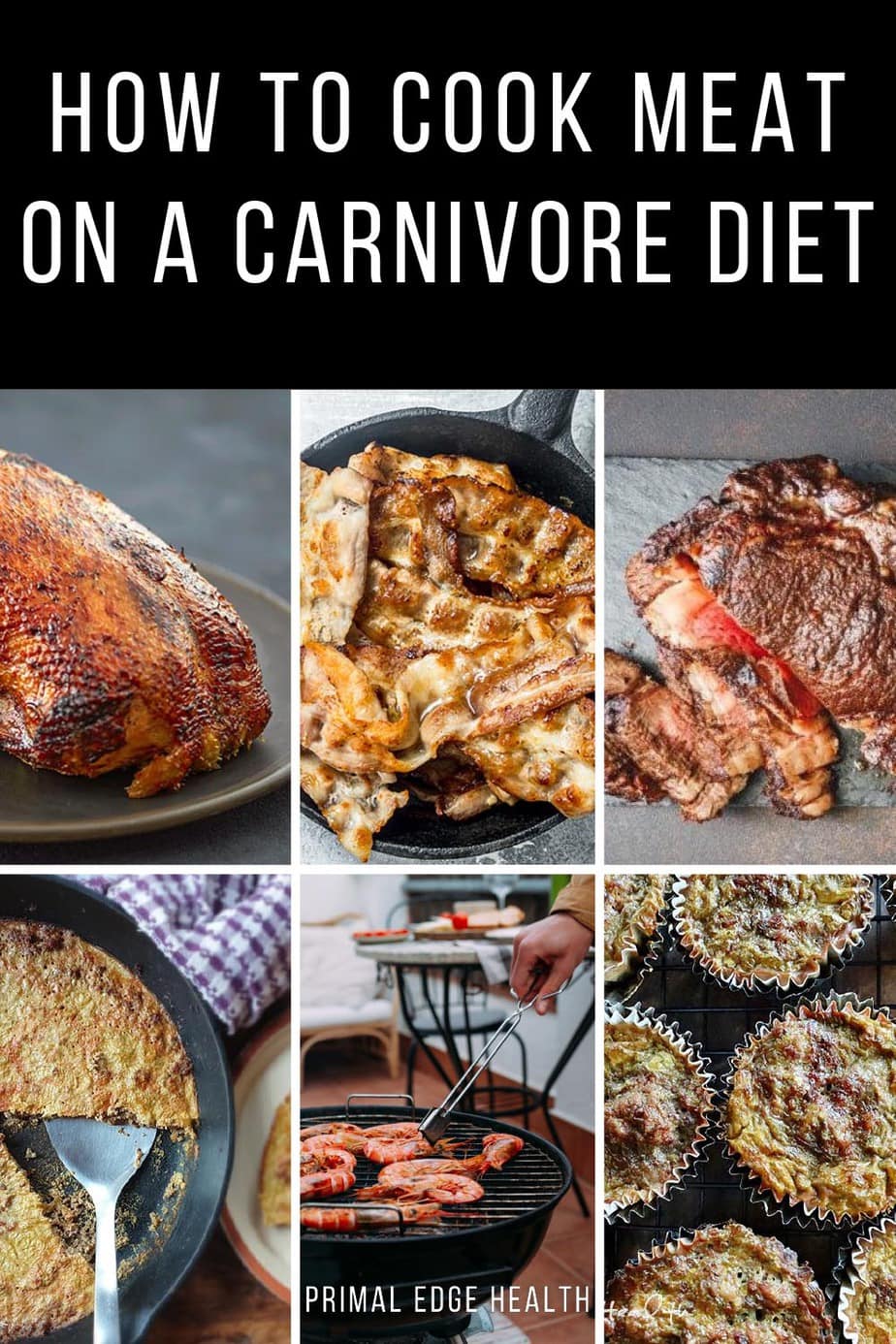
I have done carnivore in the past and it works great! I have been lazy the last three months but this morning I’m jumping back on it. Thanks for the article and the motivation!
I’m glad to hear you’re getting back on track. Rooting for you, Shawn!
Six years ago I experienced dark urine and ribs pain so I went to the hospital for treatment and I was diagnosed with Herpes. The doctor gave me antiretroviral drugs to slow down the viral load which later worsens the ailment because the drugs weren’t effective. I was so scared because they say it has no cure, out of frustration I told my friend about it and luckily he told me he once battled same problem in the past but he was saved by an African herbalist. He gave me his contact and I reached him and began the treatment. i was tested negative after four weeks of taking his liquid herbal medicine.
Thank your for sharing your experience, Alvin. I’m so happy to hear about your recovery.
OMG! I never knew so much about the carnivore diet!
Thank you for visiting the post, Arah. I hope this helps!